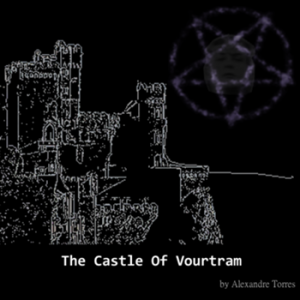 This is an ambitious game with a fun style, but I consider it unplayable in its present state. There’s no hint of proofing or play testing, and the implementation is paper thin. There are confusing parser responses, logical inconsistencies, undescribed objects, narrow vocabulary for understanding objects, and I came across one run time error. Most significantly, there are guess-the-verb issues that players cannot avoid or work around. In summary, it’s a Spring Thing sized romp written to the standards of a SpeedIF.
This is an ambitious game with a fun style, but I consider it unplayable in its present state. There’s no hint of proofing or play testing, and the implementation is paper thin. There are confusing parser responses, logical inconsistencies, undescribed objects, narrow vocabulary for understanding objects, and I came across one run time error. Most significantly, there are guess-the-verb issues that players cannot avoid or work around. In summary, it’s a Spring Thing sized romp written to the standards of a SpeedIF.
[Some spoilers follow beyond this point]








